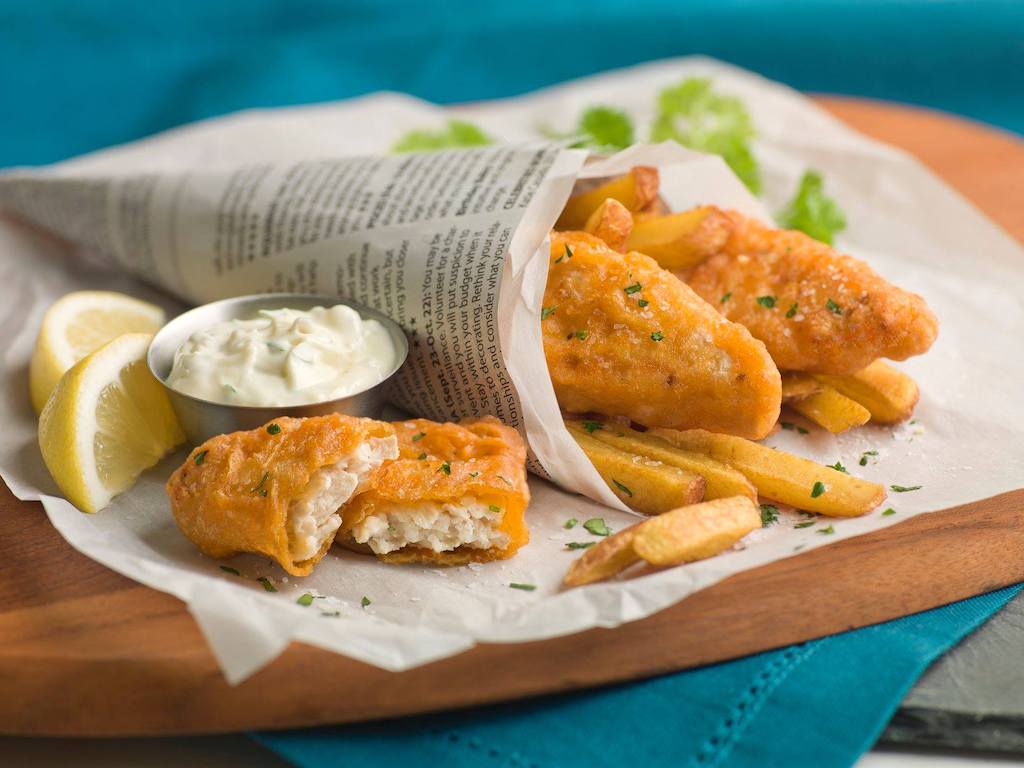2 Mins Read
Good Food Institute’s (GFI) has recently launched PISCES, a new data navigation tool that aims to serve as a one-stop resource for researchers and food tech startups pursuing plant-based and cultivated seafood alternatives. It is created by the GFI’s Sustainable Seafood Initiative (SSI), an initiative to accelerate innovation and commercialisation of sustainable, ethical, safe and crisis-resilient seafood solutions.
The tool, PISCES, stands for the Phylogenetic Index of Seafood CharactEriStics. It represents a compilation of all the resources relevant to individual seafood species within the context of developing sustainable seafood alternatives.
“To produce alternative seafood products that truly match their conventional counterparts on key attributes like taste, texture, colour, and aroma, we need to understand those products at the cellular and molecular level,” wrote GFI in the announcement.
Read: Bumble Bee Foods commits US$40M to sustainable plant-based alternatives
Given the lack of any equivalent centralized resource tailored to the alternative seafood research community, we hope that PISCES V0.1 will help to save researchers some time that would have otherwise been spent hunting down data and tools.
GFI SSI
Some of the specific data that will feature in the tool include the scientific and common names of the species, a link to any available genome or mitochondrial genome sequences, any cell lines that could be relevant, academic publications, nutritional data and data on volatile compounds that can impact flavours and smells of the alternative protein product formulation.
PISCES will also offer information for users on the prices of different conventional seafood products on the market, as well as its associated greenhouse gas emissions. Over time, the SSI will be adding more information to the tool and also work with researchers to generate new empirical data to be integrated into future versions of PISCES.
“Given the lack of any equivalent centralized resource tailored to the alternative seafood research community, we hope that PISCES V0.1 will help to save researchers some time that would have otherwise been spent hunting down data and tools,” the announcement said.
To produce alternative seafood products that truly match their conventional counterparts on key attributes like taste, texture, colour, and aroma, we need to understand those products at the cellular and molecular level.
GFI SSI
Read: 10 reasons why you should reconsider eating seafood
Innovation and solutions in the alternative seafood sector is vital to make our current global food system more sustainable. Current seafood production methods are threatening planetary health, from overfishing and bycatch to contributing carbon emissions that drive climate change and plastic pollution.
Developing plant-based and cultivated seafood products will help the world meet its seafood and protein demands while significantly reducing the negative environmental consequences of traditional seafood production. It will additionally be a crucial part of eliminating the human rights concerns that the industry has long been tainted with and the health and safety of seafood, particularly in light of the resurgence of diseases such as the Div1 virus, which affects shrimp farms.
Lead image courtesy of Gardein.




